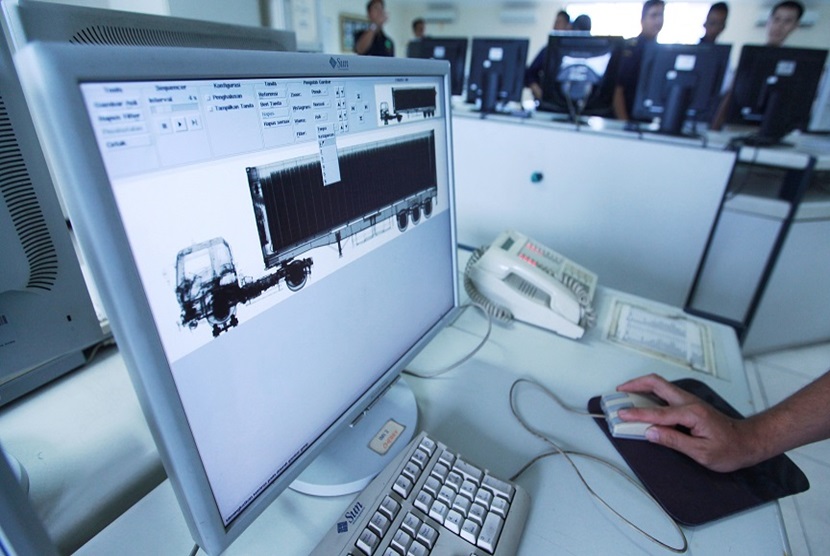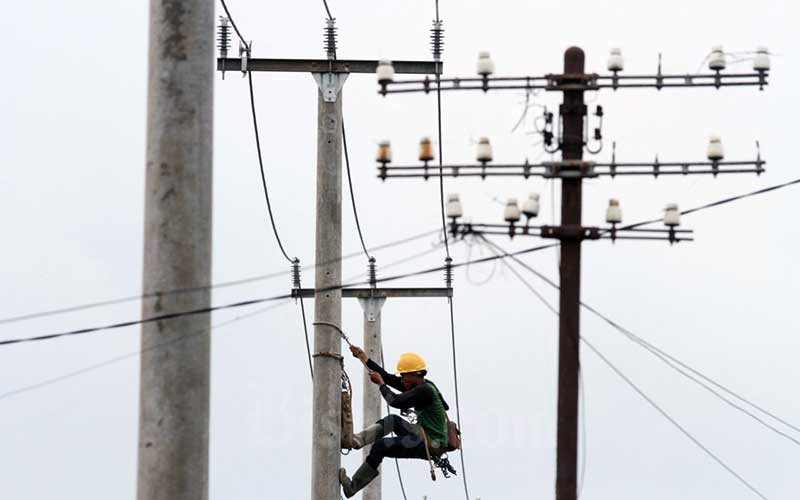[ad_1]
When president Mokgweetsi Masisi bid farewell to 296 Botswana Defence Force (BDF) troops at the Sir Seretse Khama International Airport in 2021, there was high hope that the operation would put down a dangerous insurgency in Cabo Delgado, Mozambique. However, nearly three years later, Botswana is the first out of seven other troop contributing countries (TCC) to exit the Southern African Development Community (SADC) Mission in Mozambique (SAMIM) before it is slated to close in three months.
While questions abound about whether the mission gained any real ground against the insurgents in the oil rich region, Associate Professor of Stellenbosch University’s Security Institute for Governance and Leadership in Africa (SIGLA), Thomas Mandrup, observes that the mission faced numerous obstacles from the beginning, making success a difficult task.
“Firstly, the force was smaller than initially recommended. It never went beyond 2 200, a far cry from the mandated 2 900. The mission lacked numbers and capabilities in terms of air, naval and ground assets. Lack of funding was key to the mission’s limited size and capabilities,” says Mandrup.
Additionally, he says: “Intelligence and operational information was frequently leaked to the extremists.”
SAMIM comprises troops deployment from eight contributing countries: Botswana, South Africa, Zambia, Angola, the Democratic Republic of Congo (DRC), Malawi, Lesotho, and Tanzania. According to SADC, the objectives of SAMIM were to support “the Republic of Mozambique to combat terrorism and acts of violent extremism in Cabo Delgado,strengthening and maintaining peace and security, restoring law and order in affected areas of Cabo Delgado Province.”
While Botswana troops and SAMIM forces may be proud of accomplishing some of the objectives such as recapturing villages, displacing terrorists from their bases, and seizing weapons and warfare material, the mission faced a significant challenge from the start because they did not have the full support of the Mozambican government.
“The Mozambican government and military have not always worked with the mission. Seemingly hidden agendas, or different priorities, have hampered the mission,” says professor Mandru, adding that “It was clear that the Mozambican government didn’t have a clear plan to address the many causes of conflict. For example, it did not understand why the insurgency had attracted support from large sections of the local population.”
Although BDF troops might have contributed immensely to neutralising terrorist threats and restoring security, that victory might have been short lived says professor Mandru. “Insurgency activities are once again on the rise in Cabo Delgado. The risk is that the extremists will once again take a stronger foothold there since the issues that led to the conflict in the first place remain unresolved,” says the professor from SIGLA — a research institute of Stellenbosch University which generates knowledge resources in the areas of security on the African continent with a focus on landward, maritime, and cyber security governance matters.
He adds that: “In addition, the Mozambican government and its security force have shown only limited signs of improved capacity. It is uncertain that they are ready to take over the full responsibility for security after June 2024, when the SADC soldiers leave.”
Among other things, he claims that the SADC mission was deprived of the capabilities and numbers required to be an effective combat force. “The local population considered it less effective than, for instance, the Rwandan force, which was also better equipped and trained,” he says, adding that “SAMIM has found it difficult to fulfil its mandate of training the Mozambican force because they couldn’t identify their training needs.”
Apart from the mission in Mozambique, BDF previously also took part in peacekeeping operations in a number of countries, including Lesotho and Somalia.
[ad_2]
Source link




